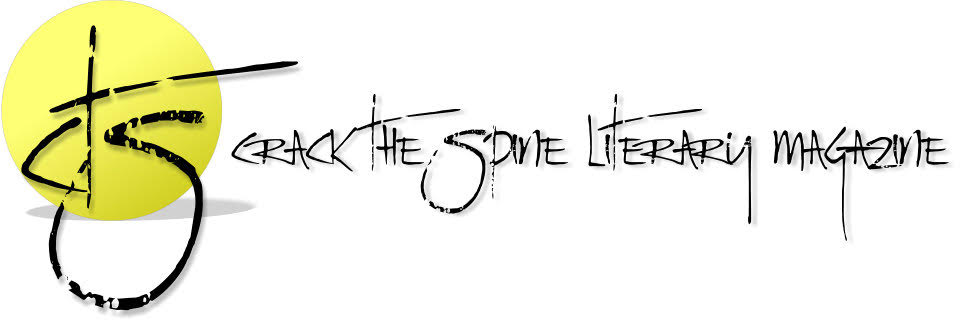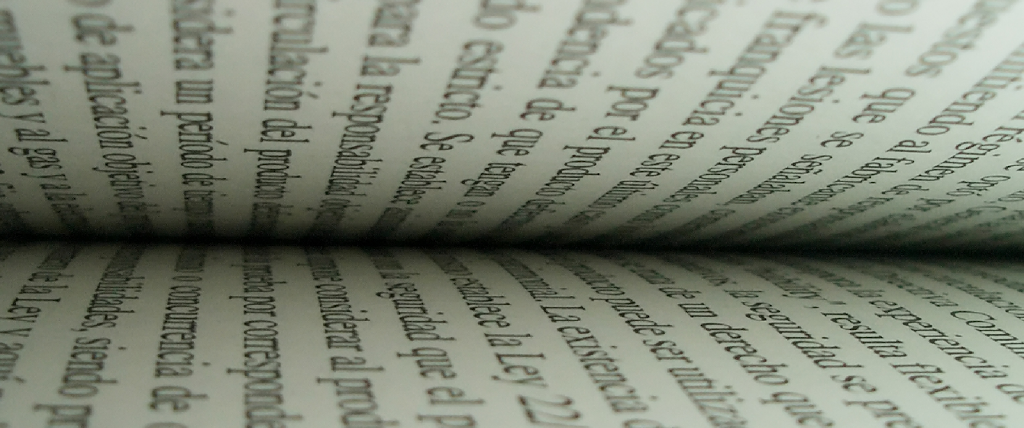Conrad Bishop, writing in collaboration with Elizabeth Fuller
Age: old enough
Sebastopol, CA, and wherever the highway leads
Ph.D. from Stanford; EF was kicked out of school – good combination.
The Writer
Tell us a bit about your writing history and style.
We’ve written plays professionally since 1969, when we started a theatre ensemble. By 1981, some of them began to be produced by other theatres. We’ve worked full-time in theatre since then, as producers, actors, me as director & designer, Elizabeth as composer, as well as writing about 40 plays and hundreds of sketches. Many styles, from realism to revue sketches to experimental puppetry. Four years ago we began to write prose fiction: three novels to date, 17 stories, first publication being in Crack the Spine. So I guess we’d qualify as veteran novices.
What is your greatest accomplishment and your greatest challenge as a writer?
To write stories we feel are true and worth telling. We’ve done that, and we’re still trying to do it. And finding some ears that will hear them.
The Work
Tell us about your work in Crack the Spine.
“Myra’s Channel” is a futuristic moment that starts a woman’s day, tuning into a personalized romance channel, imagining suicide, rushing off to work. It’s a mean little piece, not what we always do, but we do hope there’s some grim laughter in it. I think a short story (or even a long one) can only capture a tiny fragment of what life is about. We inhabit a world of contradiction, and for all I know, Myra may be a fireball on the dance floor.
What other projects are you working on?
Right now we’re nearly finished with the first draft of a novel, Hammers, based loosely on the story of the Winchester House in San Jose, CA. The tourist version involves an arms heiress, a spiritualist’s prophecy, and the building of a labyrinthine mansion, and it’s mostly nonsense. But we’re interested in what happens to a young carpenter who goes to work there and spends the next 38 years in service to another’s obsession. It’s layered in three time spans, narrated by a blind tour guide, and is moderately impossible to write.
Beyond that, we’re starting into rehearsal for a two-person, house-concert staging of Shakespeare’s King Lear and building about 30 puppets for it. Fortunately for us, Shakespeare already wrote it. It’ll premiere in March 2015 in the Bay Area, then go on national tour unless we’re dead by then.
The other three novels and the batch of short stories are making the rounds like feral cats, accumulating rejections by the score.
The Methods
Tell us about your writing routine.
We write as a duo, not unusual for filmscripts, though it seems to be pretty suspect otherwise. We spend a great deal of time talking about scenario, characters, and the point of it all. Then usually I sit down at the keyboard. Sometimes we do a lot of improvisation into a recorder, which becomes raw material and can produce real surprises. We discuss a draft, argue a lot, and eventually get down to line-by-line editing – at least four drafts, often more.
I usually do a couple of hours of writing at the public library in the morning after going to the gym. Collaboration happens mostly in the evening. Sometimes, though rarely now, I’ll get drunk late at night and bat out a page of surrealism.
Starting points are infinite. An accidental conversation. A coffee-table book on brain trauma. Our daughter’s grade-school book report on Marie Antoinette. The murder of our kids’ babysitter. A TV interview. A dream. A friend’s dream. The sign in a storefront window. They land like mosquitoes, and if you don’t swat them immediately, they persist.
What are your favorite literary works?
Some favorite works: The Winter’s Tale, David Copperfield, The Grapes of Wrath, Waiting for Godot.
Who are your favorite writers?
Writers, necessarily: Dickens, Shakespeare, Steinbeck, Beckett, and then a weird assortment: Bulgakov, Yeats, Tennessee Williams, Le Carre, Marge Piercy, Louise Erdrich, James Baldwin, Rilke, Kafka. . . etc.
What is the biggest hazard for a writer?
The hazards: crafting for the market . . . giving up . . . listening to judgments . . . not listening to judgments . . . expecting success . . . not working madly for success . . . writing for more than 15 minutes after first feeling that you’re drunk . . . losing your sense of humor . . . losing balance . . . not taking outrageous risks . . . “branding” yourself. . .
What makes you cry?
I cry at Steerforth lying dead on the beach; Huck Finn calling out “He’s white!”; Hermione’s statue coming to life; the woman (whose baby died) nursing the starving man at her breast – losses and renewals.
What is your favorite word?
YES.
Additional Reading
Theatre Website – includes many of our plays and our radio series “Hitchhiking off the Map.”
Print Website – Some of our books, including our memoir “Co-Creation: Fifty Years in the Making”

